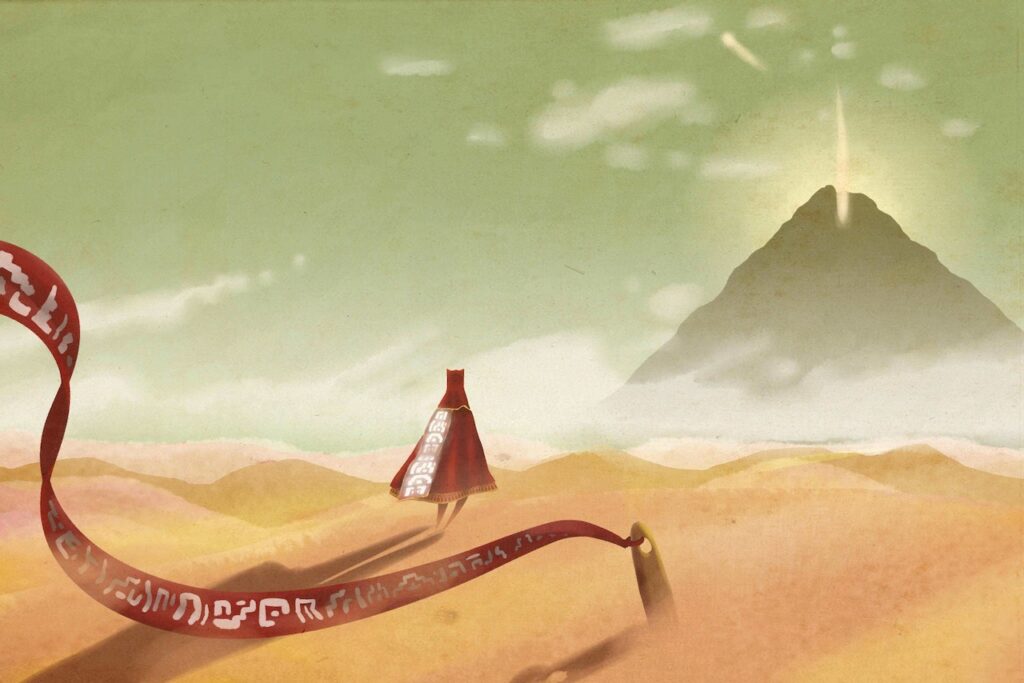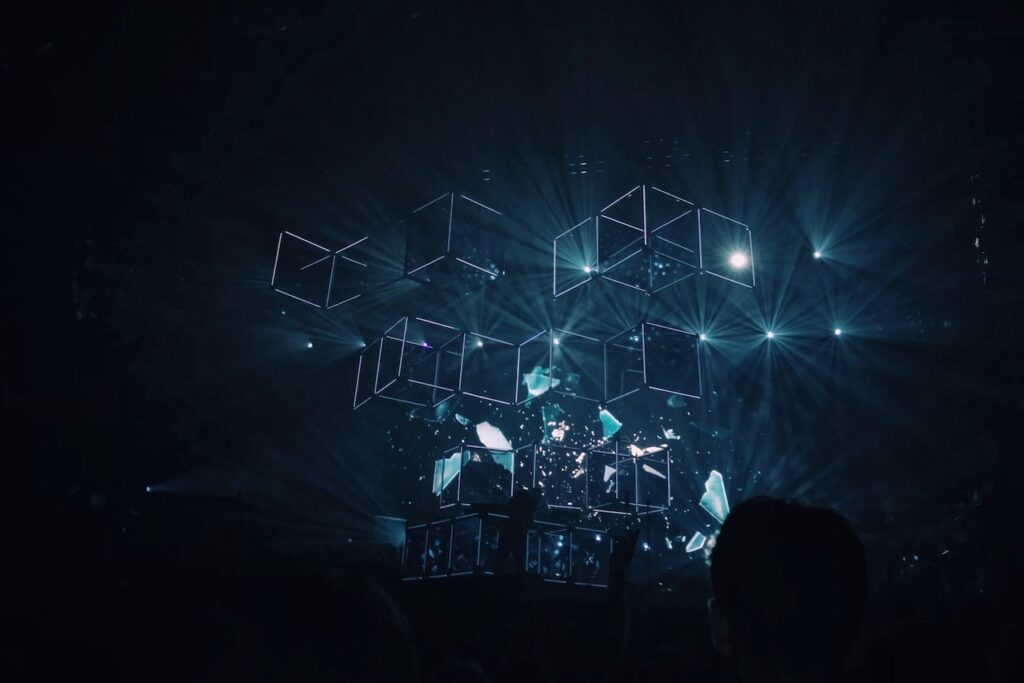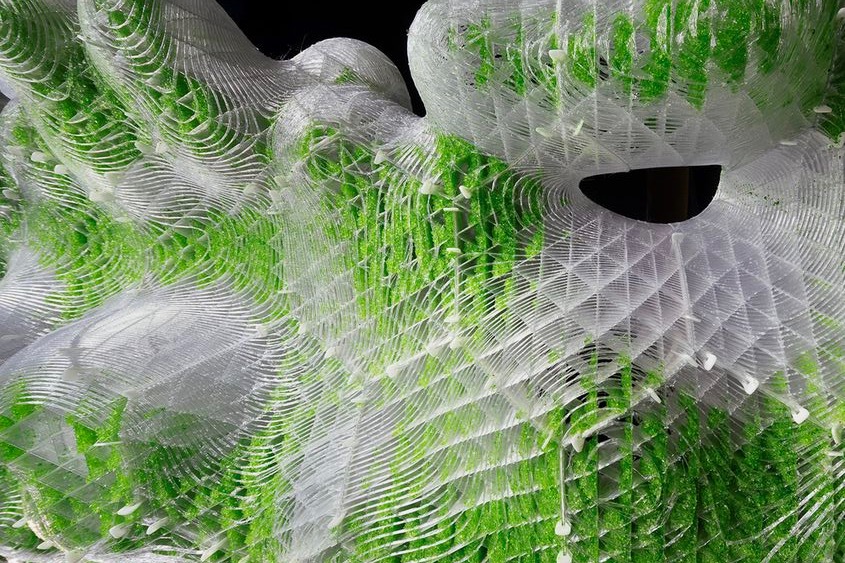NFT’s have already taken multiple industries by storm, art, sneakers, and even tweets. But the latest question roaming freely around people’s might is whether it is the future of the music industry.
Due to the pandemic, many artists have not been able to reach the earnings they’re accustomed to with their tours. Also, with streaming services taking over the industry, profits go down even more. For example, songwriters earn 50% of radio revenues, but only 15% in streaming

Source: EDM
Artists like Paul McCartney, Kate Bush, but also many rappers like 6ix9ine, Snoop Dogg and others have gotten into the NFT craze.
The thing with NFTs and music is that it allows bands to cut out the expenses and the risks that come from all these intermediaries. On top of that, save time by selling directly to their fan base instead of being in contact with all these “middle men”. These artists can make so much money from this, way more than they would for a single song through a label. Linkin Park co-founder Mike Shinoda is the perfect example:
#NFT update. Someone bid $10k USD on my piece (thanks!). And some folks are still confused about what this is. The short answer: an experiment. (more below)
— Mike Shinoda (@mikeshinoda) February 6, 2021
Does this only go for the big and established musicians in the industry? Well, yes and no. Being able to earn a fortune with it, depends on power and fan base. The larger, the more you will earn. But that does not mean that smaller artists can not make a decent buck with it. Marketplaces such as Open Sea are full of musicians, unknown in the traditional sense, advertising and selling work for thousands.
We know that these NFT’s sell for quite some money, but what about the average music fan? Are they left behind?
No, fortunately not. A great example of this is the Kings Of Leon, who gave fans the chance to buy their latest album When You See Yourself as an NFT. Alongside the digital download, the $50 (£35) token included a moving album cover and a limited-edition physical vinyl. So as long as others also do this, there’s no need to be afraid to miss out on your favourite brands’ releases.

Source: BBC
We can’t be sure whether or not NFTs in the music industry are here to stay, since many people fail to see the value in digital assets. A combination of both digital and physical is cool, but some people simply want a physical version and leave it at that.
It’s a technology which, despite having blown up like it has, is still in its early stages. There definitely is potential, but it just has to be adopted and improved.
What are we thinking? Is this the ultimate solution to musician gaining earnings from their streams? Or will it blow over once NFTs do (if they do)?













